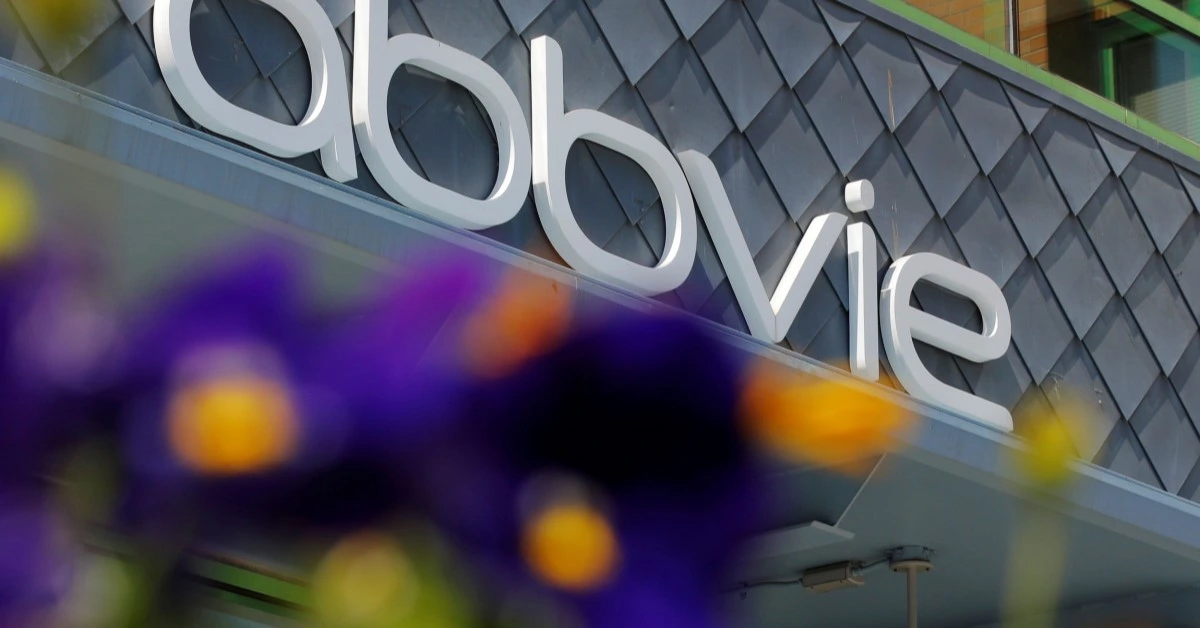
USA – Global biopharmaceutical leader AbbVie and Hungary-based pharmaceutical company Gedeon Richter have collaborated to advance treatments for neuropsychiatric disorders.
The new agreement leverages two decades of successful collaboration between AbbVie and Gedeon Richter on central nervous system (CNS) projects, with both companies having brought pioneering therapies to market.
This partnership has already delivered VRAYLAR (cariprazine), a notable antipsychotic used to treat bipolar I disorder, schizophrenia, and major depressive disorder as an adjunct therapy.
Developed by Richter and commercialized globally by AbbVie, VRAYLAR is known for its unique targeting of dopamine receptors, making it effective for a range of mental health conditions.
AbbVie first gained rights to VRAYLAR following its acquisition of Allergan in 2019, an investment that underscored the company’s focus on expanding its CNS treatment portfolio.
This agreement extends beyond VRAYLAR, now encompassing the development of investigational drug ABBV-932, which is being tested as a promising candidate for treating bipolar depression and generalized anxiety disorder.
The collaboration highlights AbbVie and Richter’s commitment to addressing the high unmet needs in neuropsychiatry.
According to Jonathon Sedgwick, AbbVie’s Senior Vice President of Discovery Research, the partnership aims to fill significant gaps in mental healthcare.
“There remains a large unmet need for people living with neuropsychiatric disorders, making it imperative that we continue to innovate and pursue novel targets and approaches to discover and develop new therapies,” Sedgwick emphasized.
Terms of the agreement
The latest agreement covers preclinical and clinical research, with both companies sharing research and development costs.
Gedeon Richter will receive an upfront payment of US $25 million, alongside potential milestone payments tied to development, regulatory approval, and commercialization successes.
Additionally, Richter is eligible to earn royalties on future sales. Under this collaboration, AbbVie will retain global commercialization rights, while Richter holds rights in its established markets, including Europe, Russia, CIS countries, and Vietnam.
Notable achievements and future goals
VRAYLAR, one of the major products resulting from AbbVie and Richter’s collaboration, generated US $774 million for AbbVie in the second quarter of 2024 alone.
Originally developed by Richter, VRAYLAR is now a prominent antipsychotic, commonly used with antidepressants to treat major depressive disorder, bipolar disorder, and schizophrenia.
The success of VRAYLAR inspired the ongoing development of ABBV-932, which has advanced to Phase 2 trials as a potential treatment for bipolar I and II disorders and may also prove beneficial for generalized anxiety disorder.
AbbVie’s broader strategy in neuroscience
The AbbVie-Richter partnership comes as AbbVie continues to expand its portfolio in central nervous system treatments, an area that has shown rapid growth.
The collaboration reflects AbbVie’s long-term strategy of establishing a strong post-Humira portfolio, supported by strategic partnerships and acquisitions.
AbbVie’s acquisition of Allergan in 2019 allowed it to inherit the collaboration with Richter, including VRAYLAR.
VRAYLAR, originally discovered through a partnership between Richter and Forest Laboratories in the early 2000s, has demonstrated substantial commercial success, with its quarterly earnings approaching annual figures from just five years prior.
Now, AbbVie aims to replicate VRAYLAR’s success with ABBV-932 and other upcoming innovations in neuropsychiatry.
Gedeon Richter’s CEO, Gábor Orbán, expressed optimism about the renewed partnership, noting, “This new agreement builds on years of successful partnership, allowing Richter to further support AbbVie’s global ambition in neuropsychiatry and validates the quality of science behind our unique discovery platform.”
XRP HEALTHCARE L.L.C | License Number: 2312867.01 | Dubai | © Copyright 2025 | All Rights Reserved